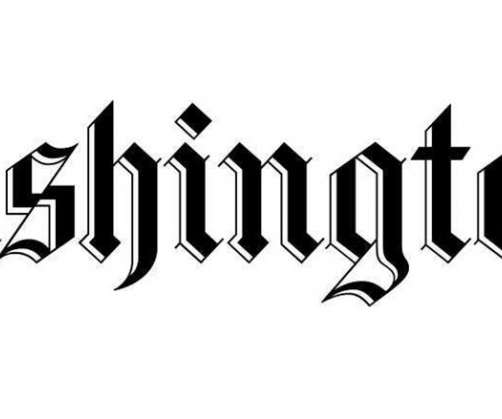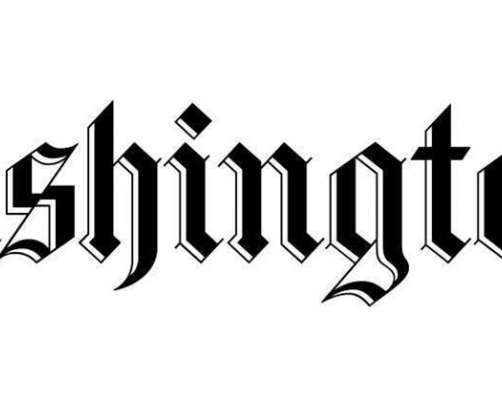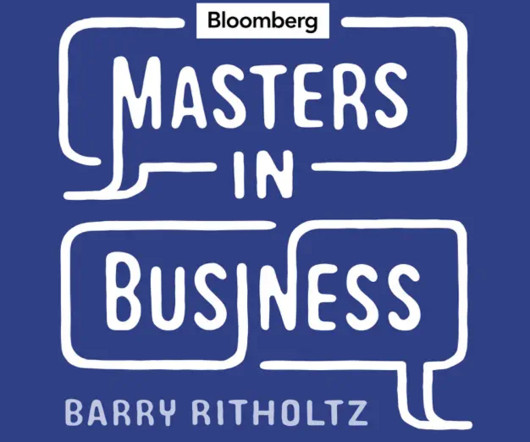Transcript: Steven Klinsky
Barry Ritholtz
JANUARY 24, 2023
And what was interesting was the first leveraged buyout of a public company happened when I was in graduate school. KLINSKY: In 1979, it was the first leveraged buyout of a public company. We had sold the family business, maybe buy another family business one day through a leveraged buyout. RITHOLTZ: That’s pretty safe.














Let's personalize your content